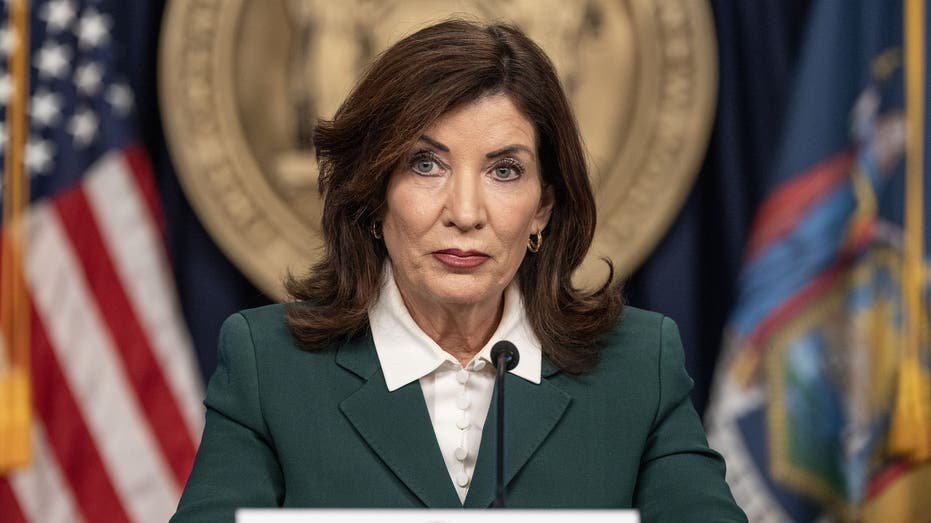The Climate Change Superfund Act, which will cost oil and gas companies an predicted$ 75 billion over the next 25 years, was signed into law by New York Governor Kathy Hochul now. The contentious measure, which is sponsored by Assembly Member Jeffrey Dinowitz and Senator Liz Krueger, is based on state and federal remediation laws that prosecute corporations for waste. Business groups claimed that the policy will raise the cost of conducting business in the state and that customers will ultimately bear the brunt of the higher energy costs. IF BIDEN REQUIRES NEW SANCTIONS FOR THE RUSSIAN ENERGY SECTOR, WHAT CHANGES TO GAS PRICES? ” The Climate Change Superfund Act is then law”, said Senator Krueger. Courts have ruled that legislatures should decide the issue of climate culpability also frequently over the past ten years. The state’s tenth-largest market, the Legislature of the State of New York, has accepted the invitation, and I hope we have made it very clear that the state’s largest weather companies are owed a special responsibility for the climate problems and may pay their fair share to assist residents of New York. What would you like them to perform, asks the question? Never sell fuel in New York State”, said Ken Pokalsky, vice chairman of the New York State Business Council. The measure was also attacked by a group of business and industry officials, who said,” This policy is bad public policy that raises significant deployment questions and legal concerns. Moreover, its$ 75 billion price tag will result in unintended consequences and increased costs for households and businesses” .However, Gov. Hochul hailed the policy as a win for the state’s people, stating that the funds will be used to support climate change initiatives. The proposed legislation would allow the state to recover$ 75 billion from big polluters, which has had an impact on both the state’s energy industry and domestically. State-owned Hispanic firm Pemex will probably face a$ 93 million annual charge, while Saudi Aramco of Saudi Arabia will probably face the biggest cost. Russia’s Lukoil will likely face charges of around$ 100 million per year. The evaluations are based on calculated yearly CO2 emissions, which are expressed in millions of tons of greenhouse gases. In full, 38 businesses deemed coal companies will be on the hook, including National oil giant Exxon and Chevron, the UK’s Shell and BP, and Brazil’s Petrobras. The possible difficulties in getting the required assessments from international companies have also been noted by critics of the policy. In light of its execution in conjunction with other new actions that are likely to have a significant impact on commuters and consumers, the costs also raises concerns for consumer advocacy groups.
Oil and gas companies will be subject to a$ 75 billion bill, but critics claim that customers will actually foot the bill.

